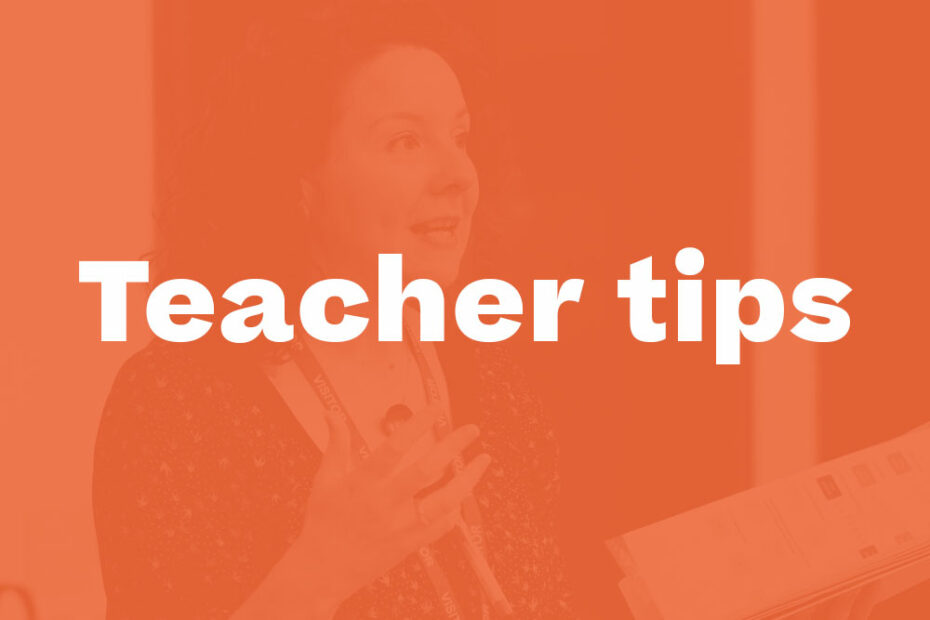We know that as teachers, your time is at a premium, and that this is likely to be the case for the charity team as well.
Data from the surveys we collected last year shows that when students have the opportunity to engage with their charity, they are more likely report an increase in understanding and awareness of social issues in their communities and the help that they and charities can offer. They are also more likely to enjoy the programme!
Sophie Howe, Development Manager at Amelia Trust Farm recently told us, ‘Having the meeting with the class is a lovely way for the young people to find out from the charity’s perspective what it’s like, because websites are great, but they only go so far, so I love that aspect. I think that’s a brilliant part of the programme.’
Lara Sengupta, Director of Every Future Foundation said, ‘It will be more impactful and more longer lasting for them if they’re doing something that is deliberately for the charity’s specific cause, where they’re raising awareness of the issue…It’s connecting the cause to the fundraising…then they leave the programme knowing how to do this for the future, they might leave and be activists and be something really inspirational, you never know.’
A teacher at one of our partner schools said, ‘Our students were passionate about their charities and rose to the challenge in raising awareness across the school. Students we have never seen present before delivered their presentation in the final with confidence and were able to articulate why they had done what they had done, which is so important. Their communications with the charities was fantastic to see showing great maturity and interest in others beyond their world.’

Bearing all this evidence in mind, we strongly recommend organising charity meetings, and to that end would like to offer some tips for making this engagement as productive as possible. Remember that your Programme Manager is always available to support with the process.
- In Lesson 2 make sure your class have researched the email address and phone number for the charity, and have given these details to you. If there is a named person or job title listed on the website always use that as the first point of contact e.g. Community Engagement Officer, Community Fundraiser, Youth Engagement Officer.
- If emailing, there is a template email in the Lesson 3 resources on the Teacher Hub. We also strongly recommend sending the Guide for charities document found on the Teacher Hub – Resources -Lesson 3 . This will do the job of explaining to the charity what the programme is all about, the benefits to them and what is expected from them.
- Invite the charity to meet with your class. This could be in-person or via an on-line meeting. Explain that your class are really excited to chat with them and support them and that they are competing to win £1000 for them – this makes a visit even more attractive for them.
- Invite them to send across any promotional materials that could be useful to the students for their social action e.g. T-shirts, balloons, sponsorship forms, collecting buckets etc.
- If you do not get a response from the charity, please feel free to let your First Give Programme Manager know and they will try to contact the charity on your behalf.
- If your charity can’t meet with your class, ask if your class can send an email with a list of questions that the charity could respond to.
- Let the charity know the date and time of your First Give Final and invite them to join you for the celebrations.
The Guide for Charities document lists some questions that the students may ask the charities. Below are some further points that your students may wish to consider ahead of the meeting. These can help to establish a relationship between the charity and the students.
- Why did your class choose this social issue/charity?
- What is one thing that makes you feel passionate about supporting this charity?
- Do you believe your social action can make a difference to this cause?
- How might you use your skills in the social action?
- Would you like to carry out further social action, for this cause or others, in the future?

